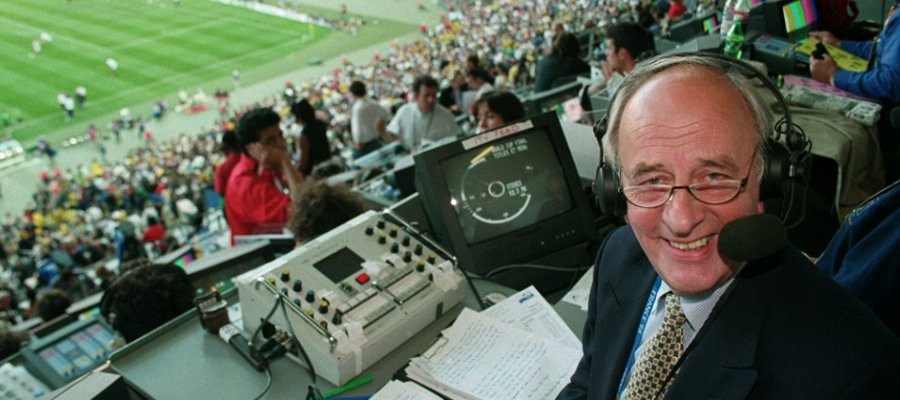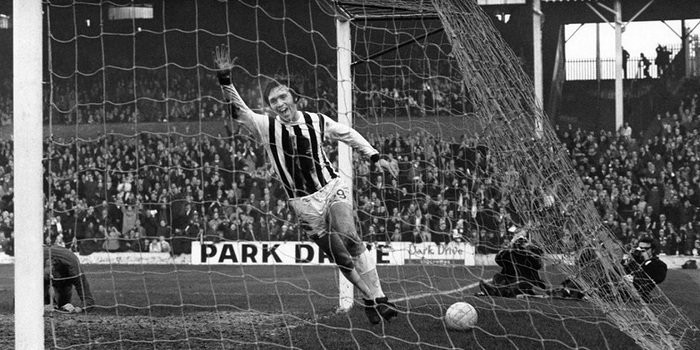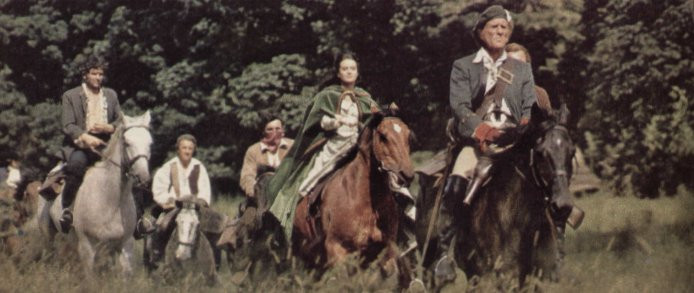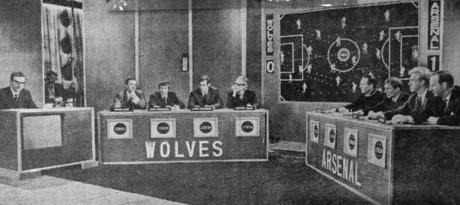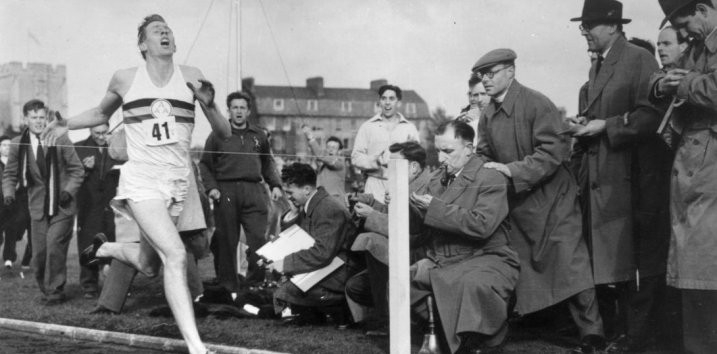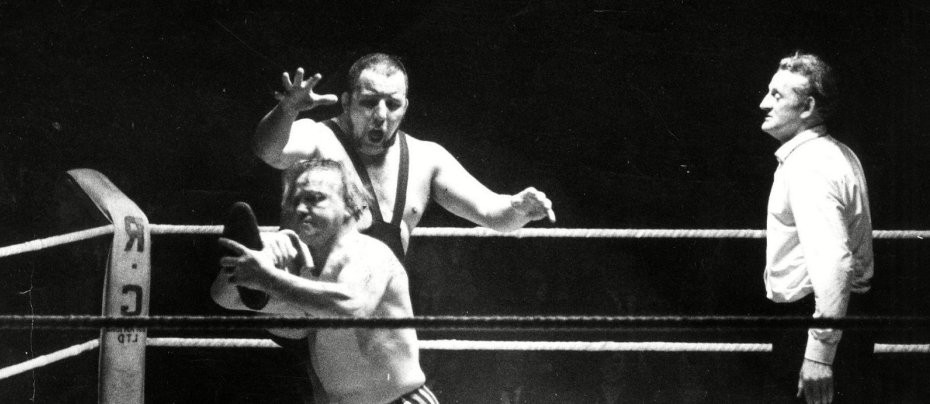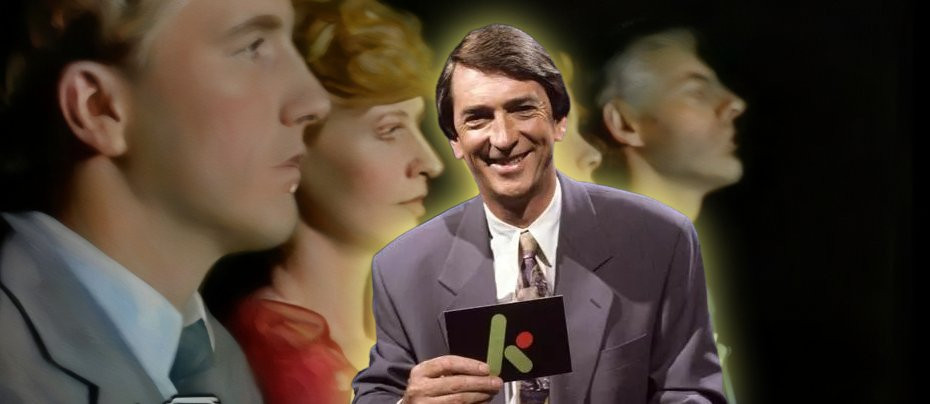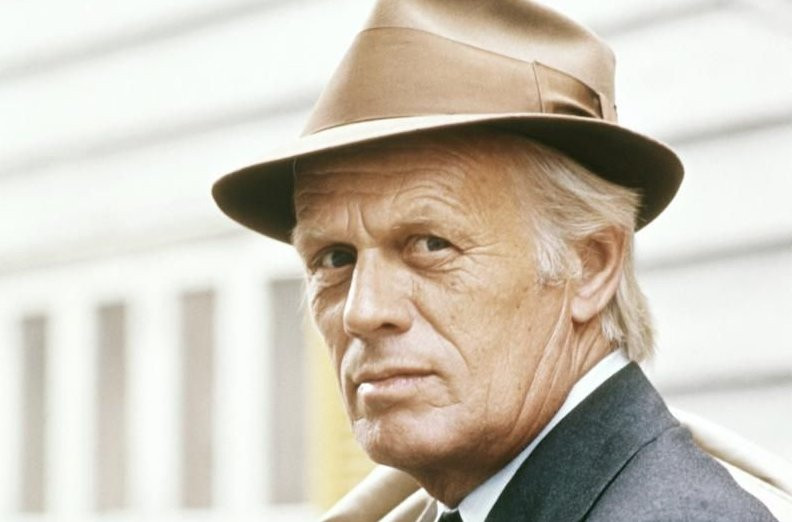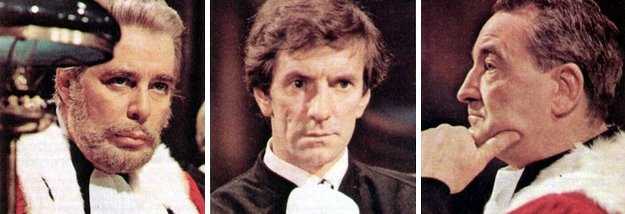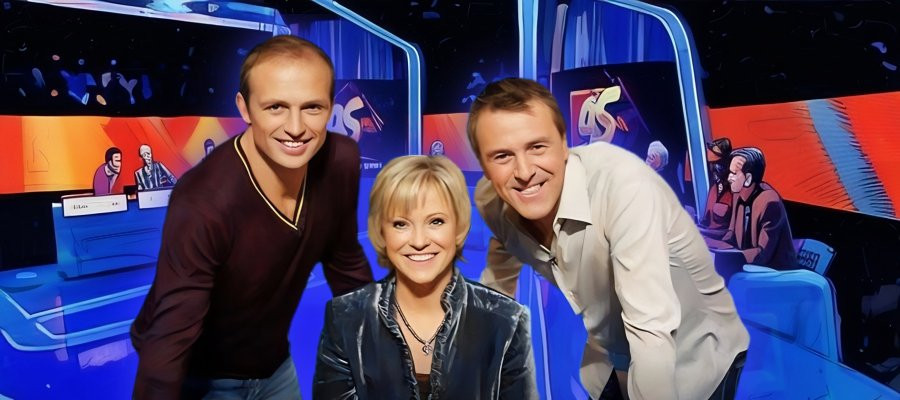
A Question of Sport
1970 - United KingdomFor more than five decades, A Question of Sport stood as a cornerstone of British television, offering a unique blend of sports trivia, friendly competition, and light-hearted banter. Billed as the world’s longest-running sports quiz show, its first national broadcast on 5 January 1970, marked the start of a cherished tradition that endured until 2023. But while the show enjoyed immense popularity for much of its lifespan — peaking at more than 19 million viewers for a 1987 episode featuring Princess Anne, its final years were marred by declining ratings and controversial changes.
The Radio Times edition the week of the show’s first broadcast promised; "50 years of world sporting action on film, 50 of our greatest sporting stars - in the studio during the series". The original format was simple, yet effective. Under the stewardship of David Vine, the first edition featured boxing legend Henry Cooper and rugby great Cliff Morgan as team captains to guests Lillian Board, Tom Finney, George Best and Ray Illingworth. In these early years, the show was formal and polite. Filmed in the North, suits, ties, and even cigarette smoke defined the set — unthinkable by modern standards, but emblematic of the time.
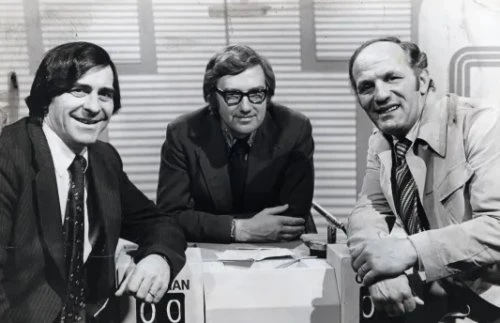
At its peak, A Question of Sport was more than just a quiz — it was a weekly gathering of the nation’s sports lovers. The format became iconic: rounds such as Picture Board, Mystery Guest, Home or Away, and the buzzer-filled Sprint Finish became as familiar to viewers as the theme music itself. The joy lay not just in answering the questions but in the interplay between captains and guests — a blend of competitive spirit, good-natured ribbing, and sporting camaraderie.
David Coleman succeeded Vine after five years and remained as presenter until 1997. Sue Barker presented the show from 1997 until 2021. Its evolution under Coleman and Barker marked its golden age. Coleman loosened the tone, injected more humour, and helped establish the balance between sport and silliness that became the show’s trademark. Sue Barker, a former Grand Slam tennis champion, brought an effortless authority and good humour to the programme, maintaining its popularity through generational changes in sporting heroes and viewer habits.
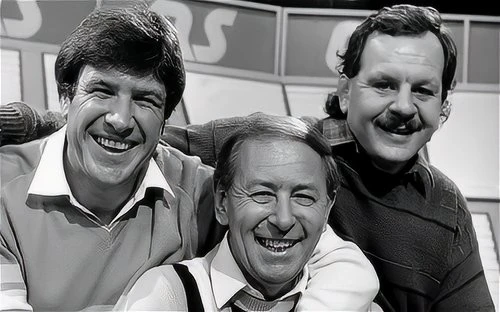
At its peak in the late 1980s and 1990s, A Question of Sport regularly attracted over eight million viewers. Not only did the programme celebrate sport, but it became a sport of its own, where mishaps and misidentifications were half the fun. Few moments are more enduring than Emlyn Hughes confusing a mud-splattered picture of Princess Anne for jockey John Reid (two weeks before her appearance on the show), or Ally McCoist failing to recognise himself in a showjumping clip. The show thrived on these kinds of unscripted, charming missteps — testaments to the fun and fallibility of even the most decorated athletes.
Some of the other memorable moments included Frankie Dettori "struggling to unscramble" an anagram of Frankie Dettori, Ally McCoist not being able to recognise his Rangers boss at the time, Walter Smith, as a Mystery Guest, Sue Barker was guessed as Ray Clemence, Chris Hoy, Alan Minter, and Dennis Taylor.
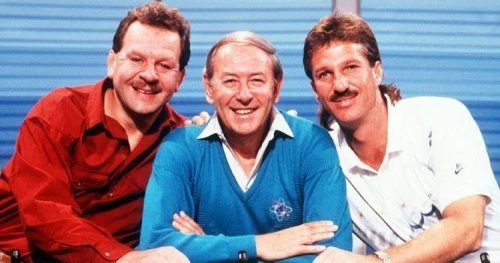
The success of the show also lay in its ever-changing yet familiar cast. From the early days of Cooper and Morgan, A Question of Sport was anchored by knowledgeable, charismatic team captains such as Fred Trueman (1976–1977), Gareth Edwards (1979–1982), Emlyn Hughes (1979–1982, 1984–1988), Willie Carson (1982–1984), Bill Beaumont (1982–1996), Ian Botham (1988–1996), John Parrott (1996–2002), Ally McCoist (1996–2007), Frankie Dettori (2002–2004), Matt Dawson (2004–2021) and Phil Tufnell (2008–2021).
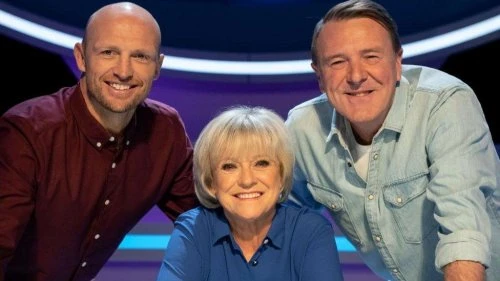
Some of their long tenures, such as Beaumont, McCoist, Dawson and Phil Tufnell made them household names not just for what they did on the field but for their roles in our living rooms. Their chemistry and competitiveness added to the show's enduring appeal.
It was in 2021, amid efforts to "refresh" the format, that A Question of Sport began to lose its identity. Paddy McGuinness was brought in to host, with new captains Ugo Monye and Sam Quek taking the helm. While all three are capable presenters and respected sports figures, the change felt abrupt and, to many long-time fans, unnecessary.
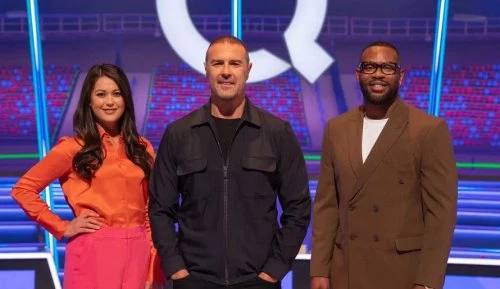
The overhaul coincided with a staggering decline in viewership — from around 4 million in 2021 to just 800,000 by 2023. Audiences lamented the loss of the old magic: the new format was slicker but lacked the warmth, familiarity, and spontaneous humour that had defined the show. The BBC eventually announced in December 2023 that the show would be “shelved” due to “inflation and funding challenges.” The door was left open for a potential revival, but the damage had been done.
A Question of Sport was never just about who could identify Borussia Monchengladbach from two letters or spot the number of balls in an obscure match clip. It was about community — sports fans of all ages gathering to enjoy something accessible, intelligent, and proudly British. It spawned live tours, celebrated milestone episodes with royalty, and etched itself into the fabric of UK broadcasting history.
Even its origins — a 1968 pilot shown only in the north of England, filmed in a converted Methodist church in Dickinson Road, Manchester — are a testament to its unassuming beginnings. And through changes in studio, format, and tone, the heart of the show always remained the same — until, sadly, it didn’t.
A Question of Sport was a national treasure. For more than 50 years, it was a reliable weekly fixture that balanced sporting expertise with entertainment. The show’s final iteration, despite good intentions, strayed too far from what made it special, and viewers voted with their remotes.
Whether it returns or remains part of television history, its legacy is secure. In its prime, A Question of Sport wasn’t just a quiz — it was a ritual, a conversation starter, and a celebration of sport in all its unpredictable, joyful glory.
★★★★☆ – A national treasure that deserved a better send-off.
Seen this show? How do you rate it?
Seen this show? How do you rate it?
Published on August 4th, 2025. Written by Laurence Marcus for Television Heaven.


